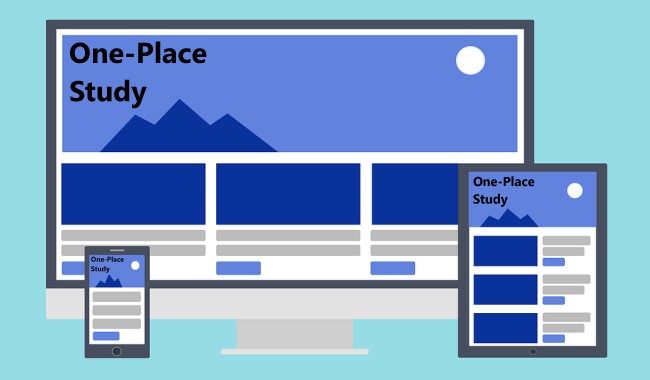Contact Us
By email:
info@one-place-studies.org
By post:
Society for One-Place Studies,
28 St Ronan’s Avenue,
Southsea, Hampshire, PO4 0QE
United Kingdom
As you will know from our directory of member studies, and from posts on this blog, many Society members have set up websites or blogs to share data and stories relating their one-place studies. More of our members want to join their ranks and would like some guidance, judging by feedback from our online meetings and our recent members’ survey. We know too that several members who are in the early stages of setting up new websites would be equally grateful for some support.
There are several ways in which we could address this need, but here’s what I personally have decided to do: I’m going to start a brand new one-place study, create a website for it, and blog about the process right here. I invite you to follow my progress and contribute your thoughts and questions along the way. I have no fixed route map for this journey, and while the decisions I make will be my own, your input will influence what I do.
I have already chosen my Place. It’s local to me and is somewhere I’ve visited many times over the years, so I know the area and have photographs of it already. Another important factor contributing to my choice, given other pressures on the time I have available, is that my new Place has a very small population! I’ll reveal the location of this Place in due course – for now, we’ll be focussing on the website for my new study.

Before we start planning this journey however, let’s take a step back and think about why we’re making it at all. Although one of the ten steps to a one-place study is to disseminate the results of our research, this can be done without a website or blog. Those looking to share the fruits of their OPS labours have several other ways of doing so, such as writing articles for magazines or journals (including Destinations), publishing a book, putting on exhibitions, or giving presentations. (Of course, at the time of writing the last two of the aforementioned options could be ruled out for many by Covid-related restrictions.)
The advantages of publishing your work online, on a website or blog (or both), fall into two main categories. One is greater flexibility:
Unlike an article, a book, an exhibition or a presentation, for as long as you are able to work on your website it need never be a ‘finished product’. (That said, what you publish online might eventually form the basis for a book!)
The other advantage of an online home for your one-place study research is the larger, wider audience you can reach:
Family history bloggers talk about their blogs or websites acting as ‘cousin bait’ because of the way they attract contact from people connected to their families. I’m not sure what the one-place study equivalent of that term would be (suggestions please!), but the principle can definitely translate to our field of research.

There are of course potential problems and pitfalls too. Some of those related to sharing family trees online also apply to sharing one-place study data and stories – the pros as well as the cons of sharing family trees online are summed up neatly by our member Jane Roberts (St Mary of the Angels Catholic Church War Memorial, Batley OPS) in her recent blog post Public or Private Family Tree?). The issues flagged up by Jane which could translate to OPS websites include:
Overall, I personally think the positives of blogging and sharing data online – for the one-placer and for the wider family history and local history communities – outweigh the negatives. However when setting up your own website or blog, you may wish to consider what you are comfortable with sharing online, and what you would prefer to keep offline. (There’s also the possibility of putting information online and making it accessible by logging in with a password – see our member Anna Darelli-Anderson’s One-Place Studies as an example. Be sure to comply with data protection legislation, such GDPR in the EU and UK, if such a system gathers personal data from users / members.)
Besides the issues outlined above there may also be others, concerning the skills needed to create, maintain and add content to a website. The steepness of the ‘learning curve’ depends in part on how tech-savvy you are, and in part on how you choose to set up your website. Don’t let any of this put you off! Choosing a ‘vehicle’ for our journey to a one-place study website will be the subject of the next instalment of this series of blog posts.
Steve Jackson
Social Media Coordinator
Waters Upton One-Place Study
Members—you can chat about this project in our forum! Make sure you're logged in and post in the Building a one-place study website and blog topic on the General discussion board.
Steven Jackson